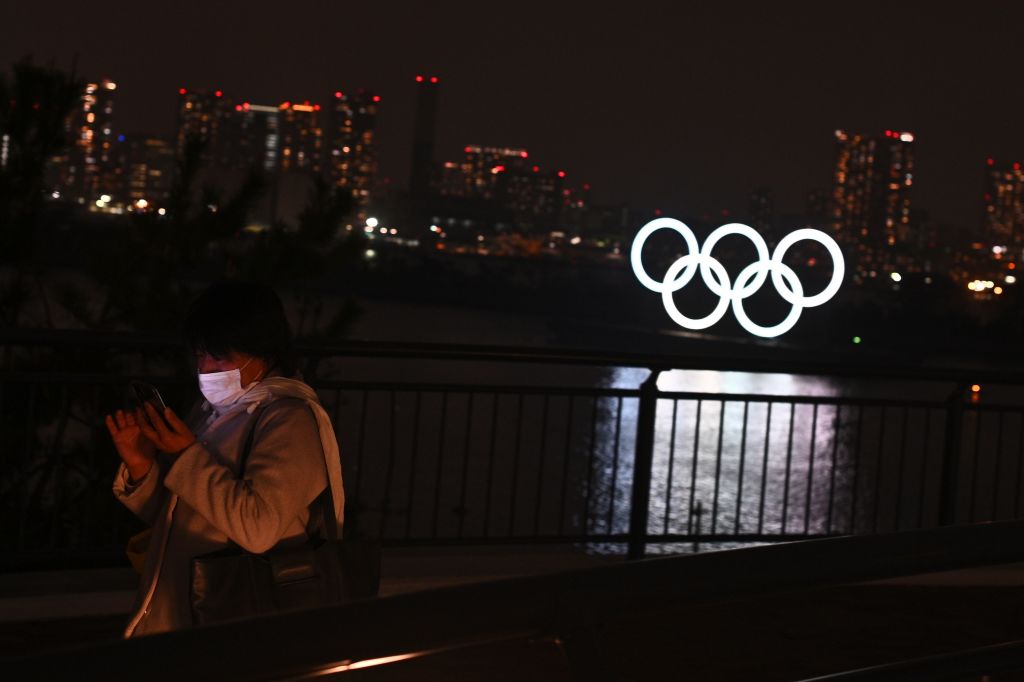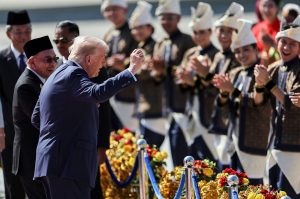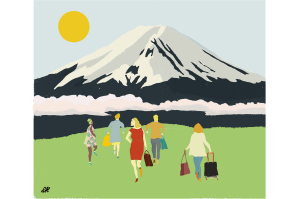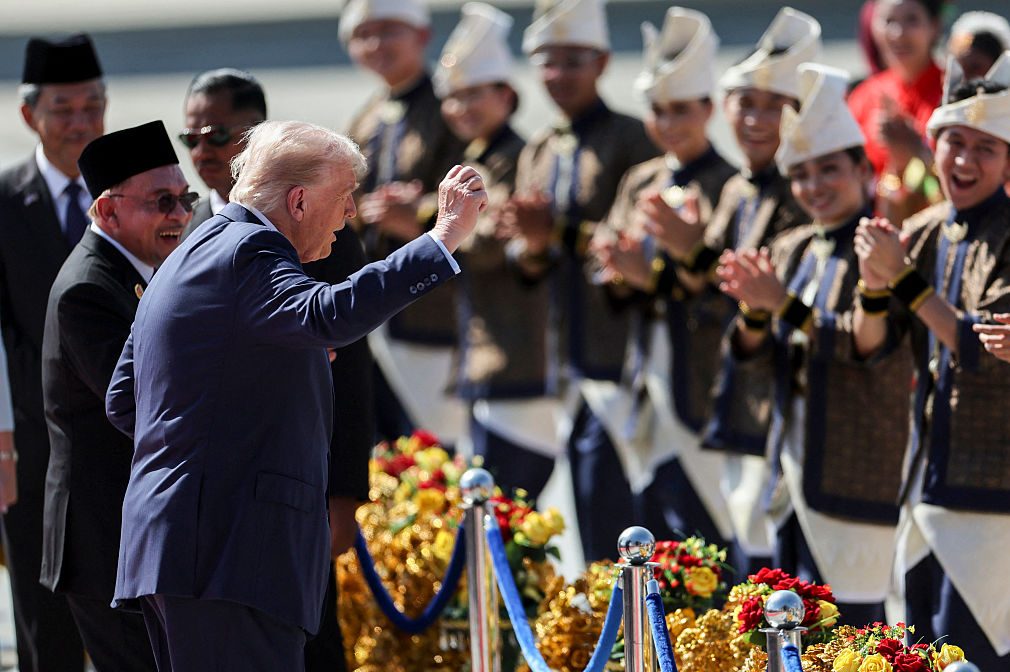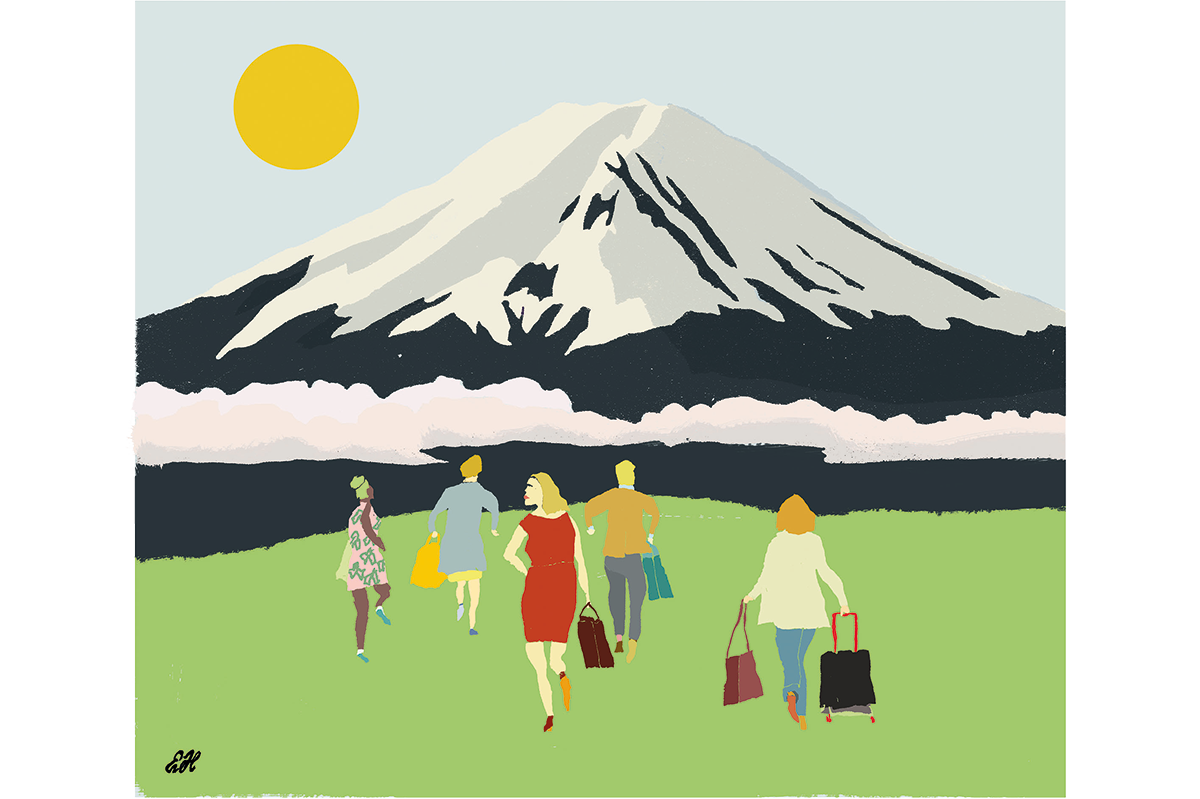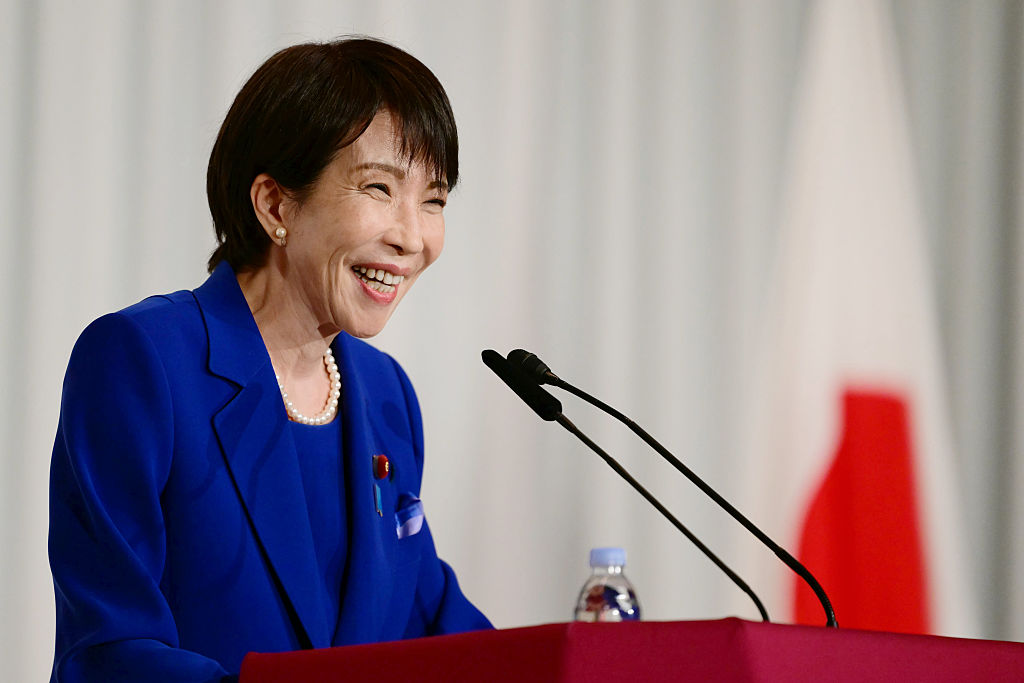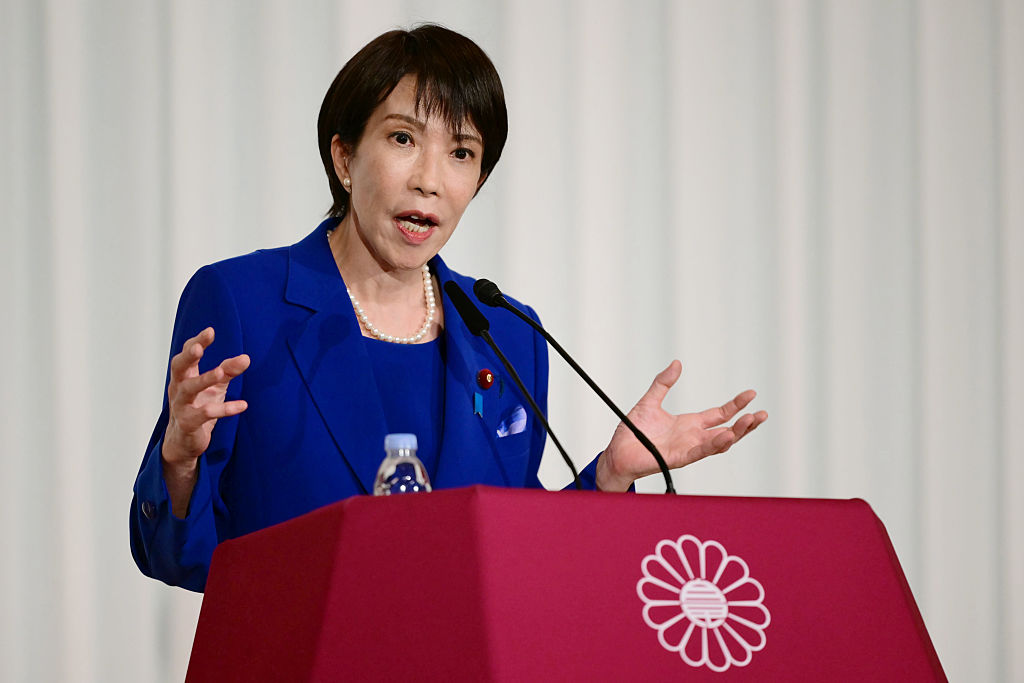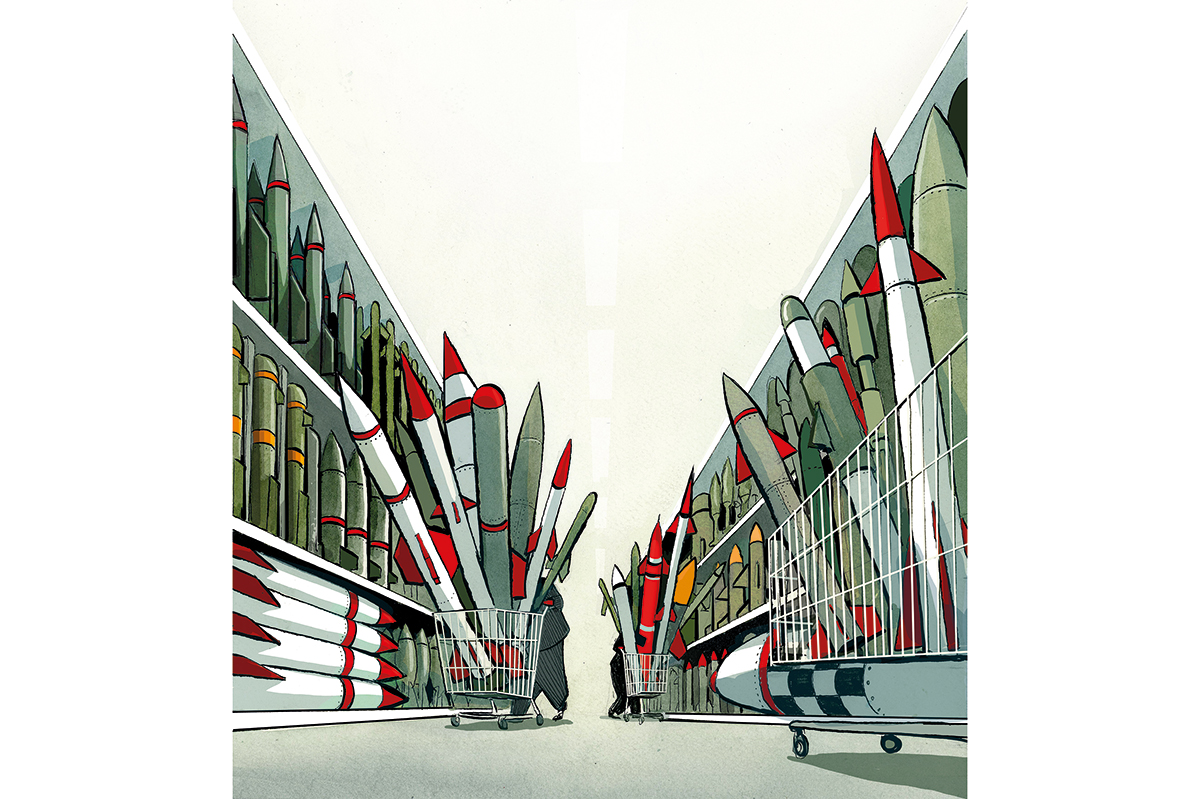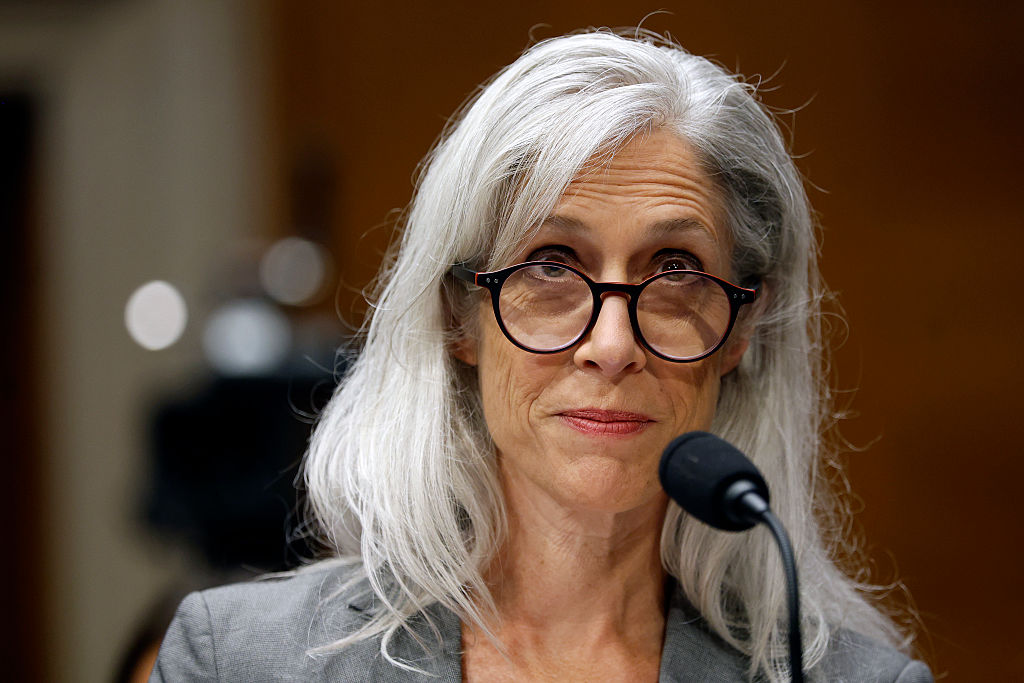One of the first things you need to learn abut Japan is the concept of honne and tatemae. ‘Hone’ refers to your true feelings, and ‘tatemae’ is what you say in public. It doesn’t take very long to learn that the two are very rarely aligned.
In a bizarre time warp moment the official Olympic countdown clock that stands outside Tokyo station was reset on Monday (it reads: 478 days to Tokyo 2020(?)). It will no doubt soon be reported that ‘the people of Tokyo’ have been devastated by the postponement, that they had, as one, been passionately enthusiastic about the event, eagerly anticipating the chance to welcome the world for a fortnight of history-making sporting excellence. Much of this will be said by the Japanese themselves; but the truth, as so ever with Japan, is more complex.
Lack of local support had been cited as one reason Tokyo was not chosen to host the 2016 games, so most media outlets took no chances with 2020 with positive and supportive reporting of the bid setting the tone for all subsequent coverage. NHK, the state broadcaster, even produced a patriotic yearlong drama series Idaten based on Japan’s hosting of the 1964 Olympics in its prime Sunday evening slot. A concerted effort was undertaken to create an image of a nation united in support and giddy with enthusiasm, and smother any dissent under a blanket of positivity.
Despite these efforts, some naysayer’s voices broke through. Popular tabloid Nikkan Gendai (unlike most newspapers, not a sponsor of the games) has been solidly against it from the start. And high-profile media commentators such as former Asahi TV news anchor Hiroshi Kume, has expressed strident opposition, via his TBS radio show,. Many other commentators, like respected journalists Minato Saiko and Gentaro Taniguchi. have been more discrete, nibbling around the edges of the issue, rather than taking a full bite, but offering pithy appraisals nonetheless.
The steady rumble of discontent persisted, struck a chord with the public, and occasionally even yielded results. Complaints about the ever-spiraling cost, which would have been met squarely by the Tokyo taxpayer by way of a hugely inflated ‘ku’ tax (council tax), were loud and clear, and obliged the organizers to drastically rein in their spending plans. Fears of the health risks associated with conducting, or even just watching, sports in the brutal summer heat and high humidity, provoked an outcry, and led to the relocation of the marathon to distant Hokkaido, many of whose inhabitants, rather than being pleased and grateful, complained bitterly about the subsequent cancellation of their own local events.
Then there was a subtler form of protest, manifested by a general apathy and a refusal to be enthused. A recent survey by Jiji press found that over 60 percent of respondents had no interest in actually attending the games (with inconvenience, cost and the hot weather, rather than coronavirus fears being the reasons given). Only nine per cent were eager to do so. And NHK’s big cheerleading 1964 nostalgia drama bombed spectacularly, recording the lowest viewing figures in the strand’s long history.
Part of the problem may have been that many elderly in Japan, who make up the bulk of NHK’s audience, actually remember the truth about the 1964 Olympics, and would need more than a glossy drama to convince them that 2020 wouldn’t bring more of the same. Longtime Tokyo resident author Robert Whiting related in a brilliant series of retrospective essays that the ’64 games, far from the unqualified success and national of legend, had actually had a profoundly negative effect. He cites the widespread corruption, forced removal of residents to make way for hastily erected, ugly, and sometimes even dangerous infrastructure, and even environmental damage to canals and estuaries. The supposed long-term benefits were largely a sham, and the hosts so desperate to sanitize the city they even euthanized 200,000 stray dogs and cats in the run up to the games.
Many remained skeptical that all that much had changed in the intervening 56 years, suspecting the games had become nothing more than a moneymaking enterprise for the contractors and merchandisers, and a colossal vanity project for PM Shinzo Abe, whose administration has been beset by scandal and needed a popularity boosting event to revive its fortunes. The Olympics had become a key element in a complicated timetable Abe had to arrange if he wanted to remain his party’s leader, and continue as PM, or negotiate a satisfactory end to his premiership.
Of course, many Tokyoites will be genuinely disappointed at the postponement of the games, especially ticket holders, volunteers, and local businesses counting on Olympic revenue, not to mention the athletes themselves. But if you do see reports that focus on a few vox pops with Tokyo residents all expressing their lockstep regret about what could have been and great expectations for what may yet be, just remember that the Japanese are a very polite people, and disinclined to express their true feelings in public.
Remember honne and tatemae.
This article was originally published on The Spectator’s UK website.



